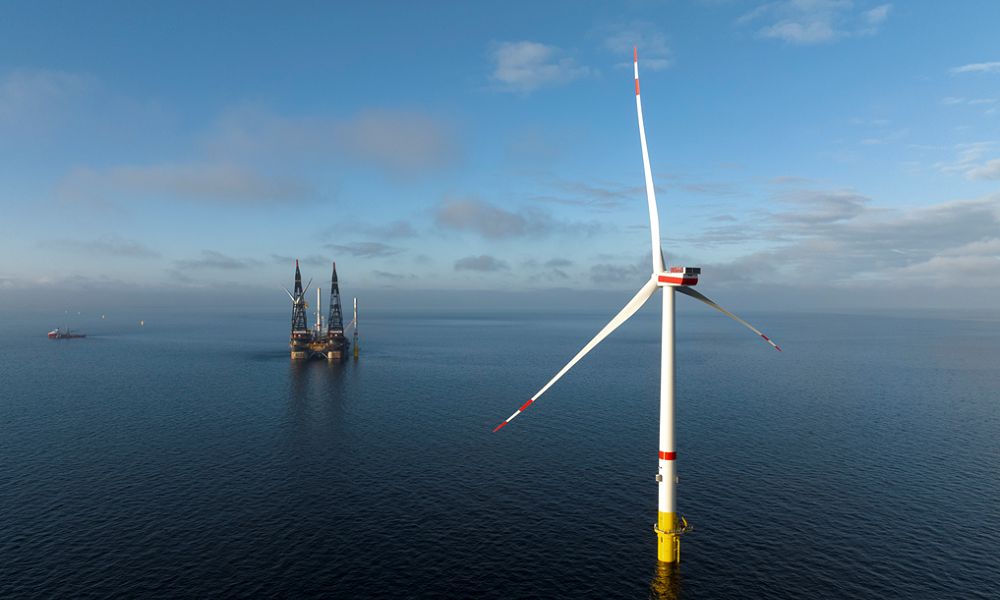Japan’s Offshore Wind Energy Expansion

Japan is making significant strides in renewable energy, particularly in offshore wind power. In the latest auction round, the country’s industry and land ministries have selected two consortiums to operate offshore wind blocks. The JERA-led consortium and a BP-led group have secured contracts for substantial wind farm projects. These developments mark a crucial step in Japan’s commitment to increasing its renewable energy capacity and reducing its carbon footprint. With ambitious targets set for the coming years, the nation is poised to become a leader in offshore wind energy.
Major Projects Awarded in Auction Round
The recent auction round has resulted in the selection of two prominent consortiums to spearhead offshore wind projects in Japan. The JERA-led consortium, which includes Green Power Investment and Tohoku Electric Power, has won the contract for a massive 615MW wind farm. This project will be located on the southern side of the Japan Sea, off the coast of Aomori prefecture. It is set to become one of the largest offshore wind farms in Japan, featuring 41 wind turbines, each with a capacity of 15MW.
On the other hand, BP has entered the Japanese offshore wind market through a consortium that includes Marubeni, Kansai Electric Power, Tokyo Gas, and Marutaka. This group has secured a contract for a 450MW wind farm off the coast of Yamagata prefecture. The project will consist of 30 wind turbines, each also rated at 15MW. Both projects are designed to be bottom-fixed and are expected to commence operations in 2030. Siemens Gamesa will supply the turbines for these ambitious projects, ensuring that they are equipped with the latest technology.
Japan’s Renewable Energy Goals and Future Outlook
Japan’s government has set ambitious targets for offshore wind energy development. The aim is to achieve 10GW of offshore wind capacity by 2030 and up to 45GW by 2040. This is part of a broader strategy to increase the share of renewable energy in the country’s electricity mix. A draft revised energy plan envisions renewables accounting for up to 50% of Japan’s electricity by fiscal 2040. These goals reflect Japan’s commitment to transitioning to cleaner energy sources and reducing its reliance on fossil fuels.
In a significant move earlier this month, BP and JERA announced their intention to combine their offshore wind businesses. This collaboration will form a standalone joint venture, further strengthening their position in the growing offshore wind market. As Japan continues to invest in renewable energy, these projects will play a vital role in achieving the nation’s energy goals. The successful implementation of these offshore wind farms will not only contribute to energy security but also create jobs and stimulate economic growth in the region.
